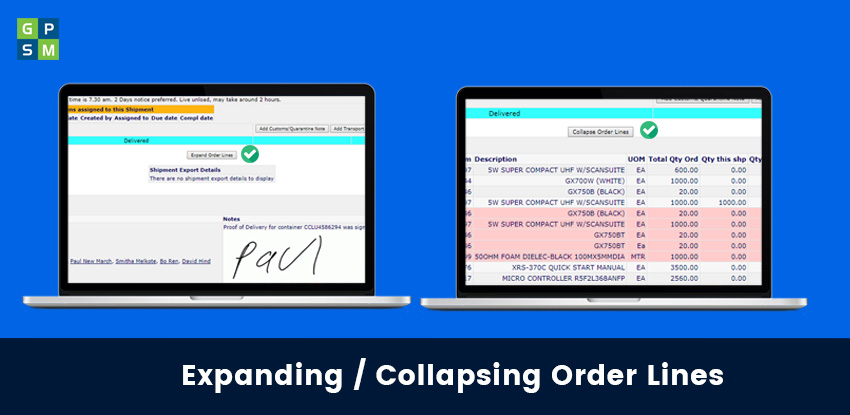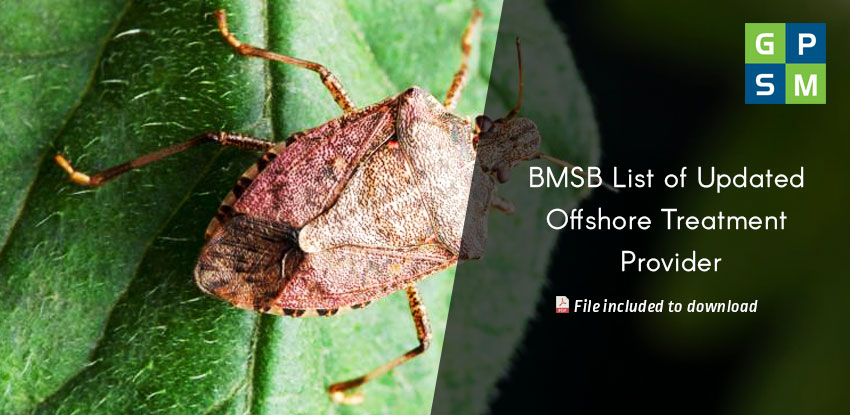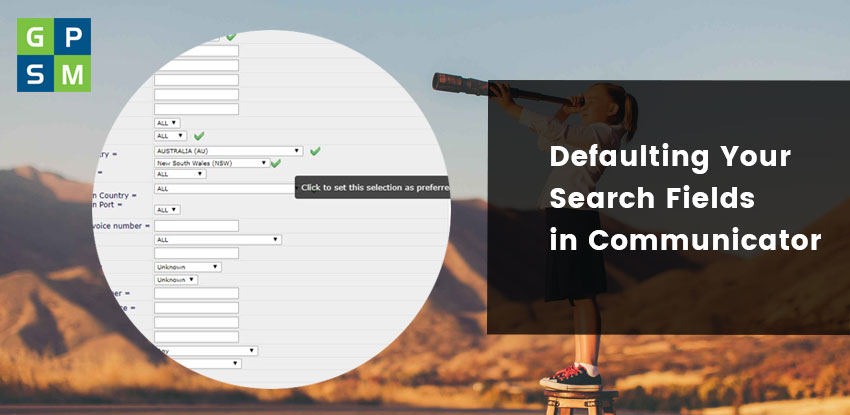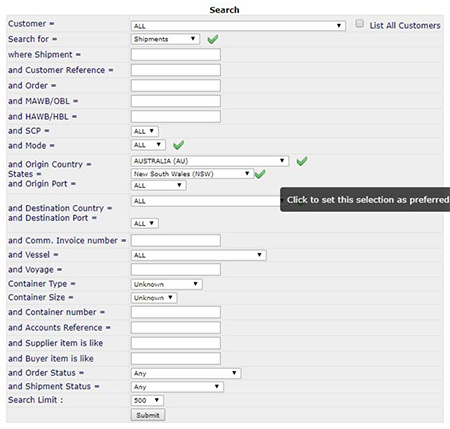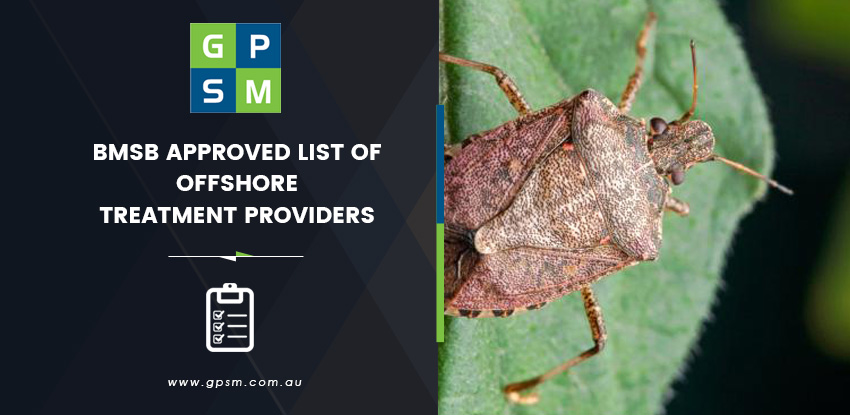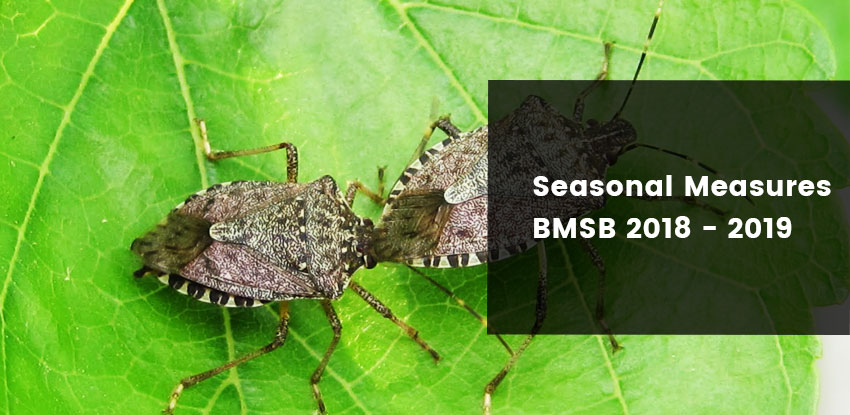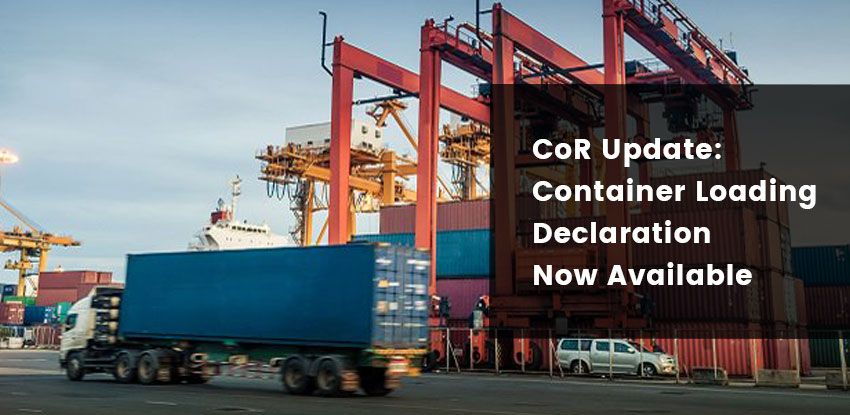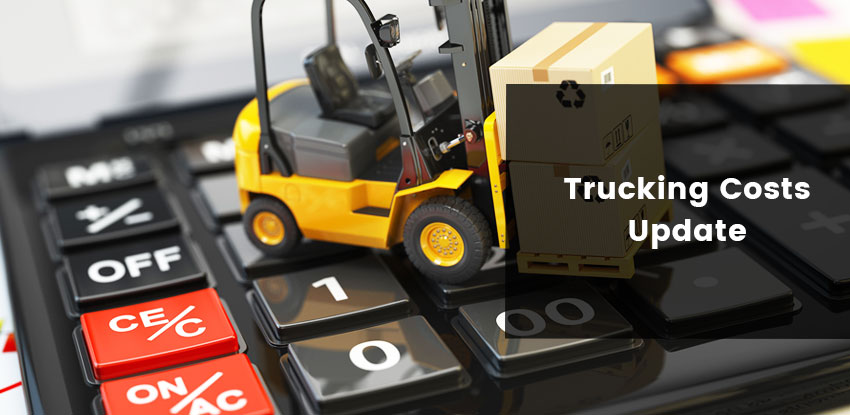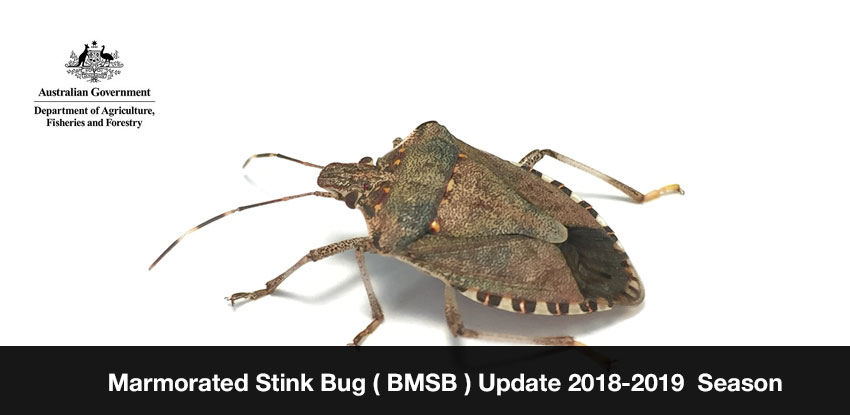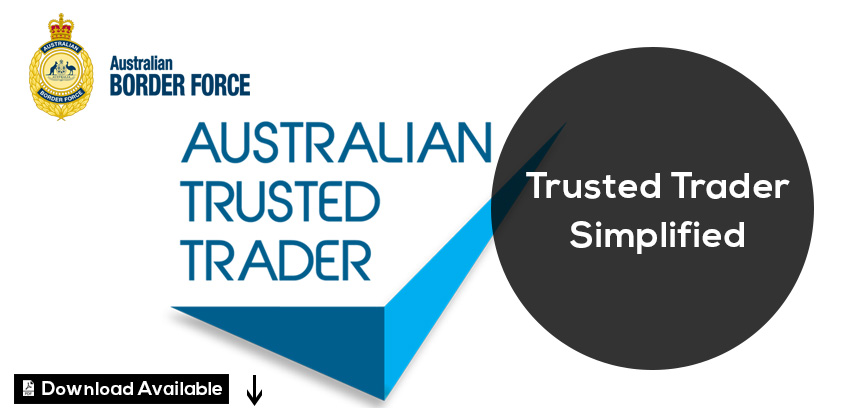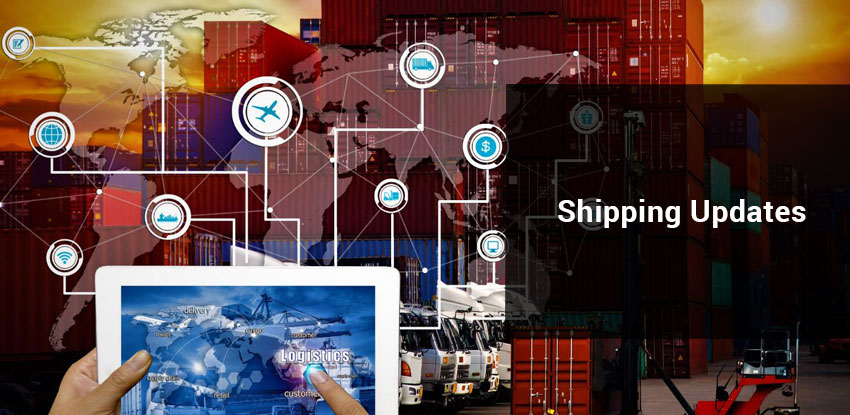New seasonal measures will apply for goods shipped on or between 1 September 2018 to 30 April 2019. They can arrive in Australia on cargo and containers shipped during this time which coincides with late Autumn and winter in the Northern Hemisphere. Consequently, you must comply with these seasonal measures which will include both mandatory and increased intervention before arrival in Australia.
The expanded target risk list of countries are:
USA, ITALY, GERMANY, FRANCE, RUSSIA, GREECE, HUNGARY, ROMANIA, GEORGIA (All Target risk countries)
JAPAN (Heightened vessel surveillance only)
The Targeted High-Risk commodities and mandatory offshore fumigation
Break Bulk, including vehicles, machinery, and equipment
Bricks, tiles, ceramics, steel, stone and cement
Goods likely to be stored in a manner that provides access for BMSB to overwinter.
Targeted risk goods that will be directed for increased onshore fumigation
Chemicals, chemical products, salt, minerals, fertilizers
Wood pulp, printed matter, straw, paper, cardboard
Plastics, wadding, Tyres
Exempted Goods
Fresh produce ( including nursery stock and plants
Live animals
Food for human consumption ( including beverages)
Seeds for sowing
Registered Pharmaceuticals
Minimum standards for offshore BMSB treatments & treatment providers, currently the approved treatments for BMSB are:
Sulfuryl Fluoride
Methyl Bromide
Heat treatment
The department will require all treatment providers conducting BMSB treatments in Italy & USA to be registered with the department on an approved list of offshore treatment providers. Only these who meet the departments’ requirements will be eligible for registration.
![]()
![]()

